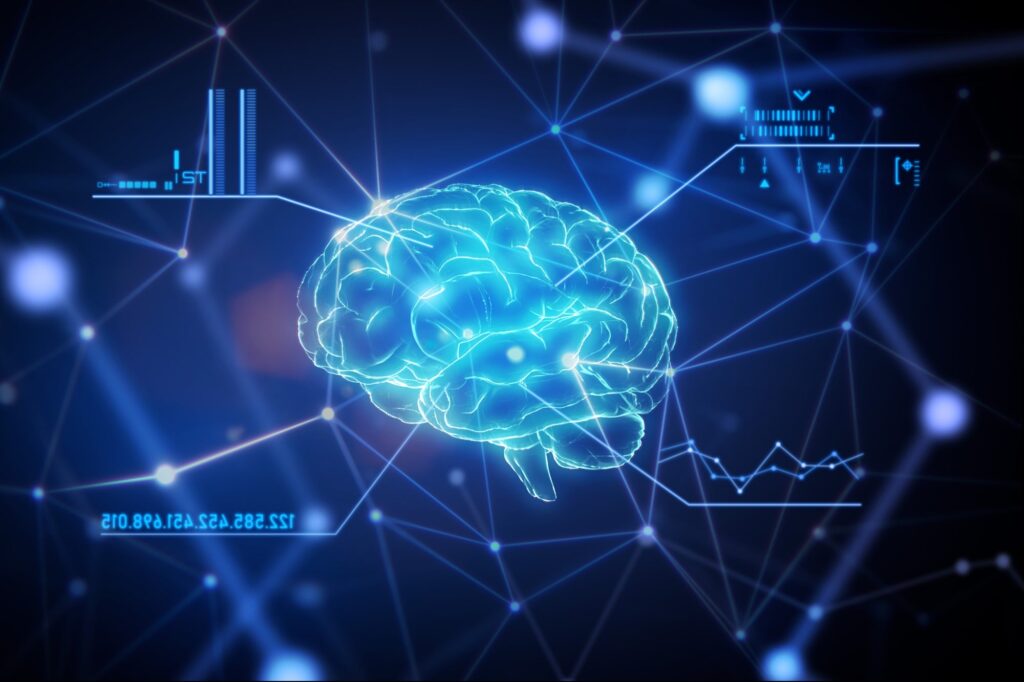Opinions expressed by Entrepreneur contributors are their own.
While enterprises have benefited hugely from artificial intelligence and its strengths, the business side gets most of the benefits. Getting down to specifics, the value that AI adds to processes comes as the company’s most significant advantage for marketing.
Marketing is about three aspects of analysis: identifying consumer needs and preferences, mapping products and services accurately to these needs, and ascertaining the returns that this calculation has accrued.
These three aspects and their efficiency make or break a pipeline. But to get into that, there is an urgent need to increase awareness about AI tools for marketing in the marketing community.
Customer data crunching is just the start of the marketing team’s journey. The magic that can be worked with those numbers needs to come from AI tools. The outreach time, pattern and strategies are identified by AI tools much better, faster and precisely than any human brain can.
The ML aspect of AI is priceless when accurately anticipating market openings, intuitively predicting the customer’s needs, nurturing prospects and helping to craft their journey — which favors us marketers. Artificial intelligence can be a priceless enabler at every step of the customer’s journey. Marketers increasingly realize this, and salesforce figures show the adoption of AI stood at 29% by marketing leaders in 2018, which moved to 84% in 2020.
Related: Should You Trust Artificial Intelligence in Marketing?
It is also interesting to note that AI is not a tool separate from most of the standing marketing strategies — anyone who uses social media for marketing, data funnels to pipelines, is essentially using AI anyway.
While an AI-based tool is a boon for marketing strategies, it naturally steps in where human abilities end. The scope for error in AI is much lower than in humans’ error factor. This is its biggest strength. It does not even include the cost savings that ensue because of its speed and the ability to consume much larger volumes of data and generate more marketing outreach.
An interesting new use of AI in marketing is its ability to generate messaging and marketing content that targets prospects with customized messaging, increasing its efficacy manifold. The messaging is built from data derived for social listening, and more often than not, it can target just the right audience with the right message.
Related: 5 Reasons Machine Learning Is the Future of Marketing
With AI tools, it is also possible to generate unlimited customer personas based on billions of data bytes collected from AI algorithms — digital interactions, geographical focus, purchase patterns and timelines of demands and preferences, to name a few. Any or all of these factors could serve to slice and dice data, helping achieve the most specific messaging for every prospect! In many cases, chatbots help deliver this, and that’s AI in another form.
An interesting example I read was how Unilever hit upon the idea of ice-cream-flavored breakfast loops. It may sound very ordinary, but it consisted of loads of AI-based insights into what people like for breakfast. And they discovered a considerable interest in having ice cream for breakfast! So, now they have cereal-flavored ice creams (including Fruit Loop and Frosted Flakes) for the Ben & Jerry’s brand (both my kids love it!).
AI and ML’s flexibility to any strategy aid in a faster, smarter churn for models to try out ideas. With AI to help, communication and marketing professionals need not invest time and money trying out various ideas of message and content until they hit the right one. That’s a massive save right there. These models can be personalized and provide targeted customization of every idea and word. Tracking real-time tactical data can drive speedy and efficient adoption or rejection of the best models. The decision-making process that identifies the best strategy and model is swift. Strategic initiatives can thus be pushed out in the market much more accurately, faster and at a much lower cost.
Many use cases come to mind, some of them purely B2C but brilliant in terms of their adoption of AI tools for much better marketing, customer requisition and retention strategies — Amazon, Starbucks, Nike, Alibaba’s fashion store, BMW’s assistant in the automobile, to name a few.
Related: What Is Machine Learning, and How Can It Help With Content Marketing?
However, AI is not entirely out of the woods yet. While it can notch up a massive advantage for marketing strategies, the decision-maker is still a human mind at the end of the day. This is not to question the efficiency of AI, but we cannot forget that there are some streams where humans think better than machines, and very often, a business decision that came straight from the heart scores miles over one that came from perfect machine-made data-driven decisions.
The secret to the successful adoption of AI in marketing is to marry the advantages of the two kinds of intelligence and derive the best of both — delivering a singular, infallible and near-perfect marketing strategy. It is sure to drive marketing intelligence to a whole new level!
